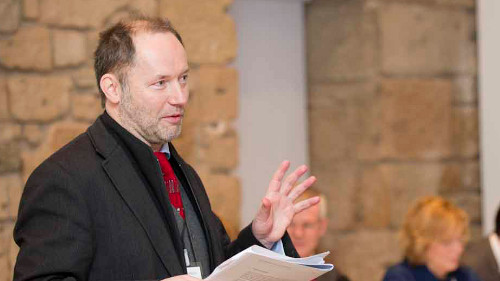
Over the last decade, the creative industries have been revolutionised by information and communications technologies and an emerging digital economy. This has resulted in: new types of creators, cultural products and processes; new platforms, both physical and virtual, for production and distribution; new intermediaries, finance sources and distributors (as well as disintermediation); and new engagements with consumers (notably, in the interactive user-generated content (UGC) or “web 2.0” world).
We are at a pivotal moment in history where we have the opportunity to build a cultural and regulatory infrastructure where the next generation of first movers can flourish as successfully as Google, Facebook or iTunes. But the transition from analogue to digital for established creators and rightsholders has sometimes been as problematic as it has been promising. If technology has threatened the creative industries, can it also save them?
Copyright reform will fail if consensus and compromise on encouraging innovation cannot be found while at the same time supporting established industries during this digital transition. Policymaking in the digital IP and creative industries arena is acknowledged to be controversial, often attributable to a lack of technological expertise among legislators as well as the absence of a robust evidence base assembled via open and transparent methodologies to back policy proposals.
Copyright policy based on rhetoric not research – however well meaning – has the power to undermine the essential working of the Internet. Only evidence-based policy based on real world research and commissioned by a body widely respected by stakeholders as independent of both politics and industry is vital to increase our understanding of how cultural and creative industries thrive and become innovation leaders in the digital world.
Successive attempts at copyright reforms have continuously been threatened with judicial reviews from parties with vested interests. The need for true independence is compelling and urgent. Telling everybody what they want to hear should not be our business. We are empirically led – “if the world is not flat, it’s not flat”. However, sometimes we as researchers do not know how to ask the right question, we don’t have suitable data, we lack facilities for testbeds and piloting. What we can offer is a longer term perspective, building up a cumulative picture, true independence, and also an ability to spot the unexpected, and pose challenging questions.
 Resource
Resource